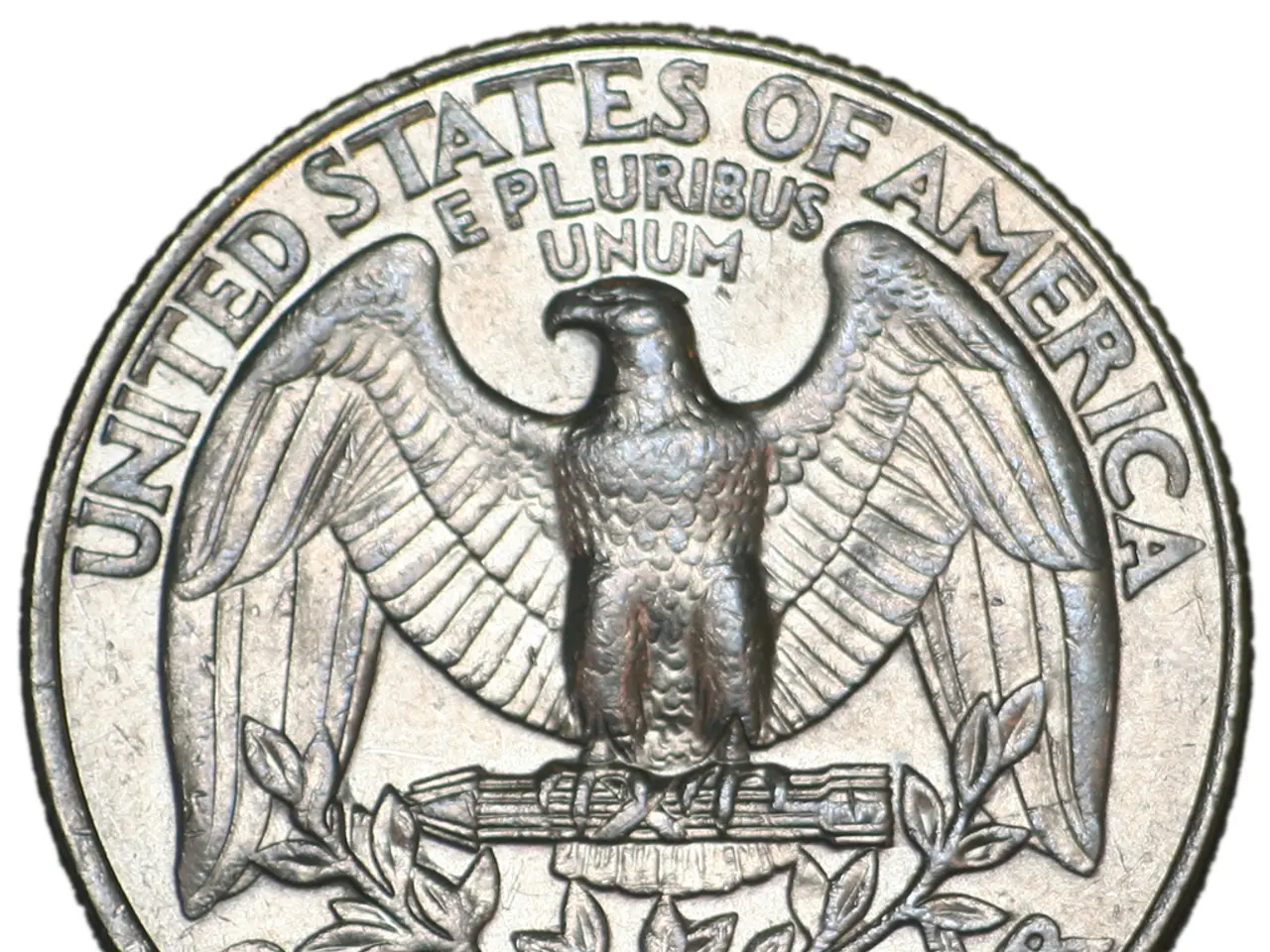Financial Regulations Amend Cryptocurrency Restrictions in 401(k) Plans, Empowering Fiduciaries with Decision-Making Authority
The United States Department of Labor (DOL) has taken a significant step in the evolving world of digital finance, announcing the rescission of its 2022 guidance that urged extreme caution when considering cryptocurrency investments in 401(k) retirement plans. This move signals a broader reassessment of how emerging asset classes like cryptocurrency fit into traditional retirement frameworks.
In the previous guidance, the DOL highlighted its chief concerns about the speculative nature, extreme price volatility, lack of clear valuation standards, and the evolving regulatory environment of cryptocurrencies. The department warned plan fiduciaries against promoting crypto investments to retirement savers, citing concerns about investor protection.
However, the DOL's recent decision to roll back its overreach on cryptocurrency in 401(k) retirement plans marks a shift in the federal stance. Fiduciaries are now required to apply ordinary ERISA principles—conducting a careful, context-specific review—rather than imposing a heightened "extreme care" standard for crypto or alternative assets.
The rescinded guidance comes amidst growing pressure to strike a balance between innovation and investor protection. As digital finance continues to evolve, both regulators and retirement plan providers face increasing pressure to adapt to new asset classes while ensuring the protection of investors.
Critics argue that the tone of the previous directive clashed with the neutral, principles-based framework traditionally upheld under the Employee Retirement Income Security Act (ERISA). The U.S. Secretary of Labor Lori Chavez-DeRemer stated that the Biden administration's department of labor put their thumb on the scale by taking a firm stance against the inclusion of cryptocurrencies in 401(k) retirement plans.
An executive order signed in August 2025 promotes broader access to alternative assets, including cryptocurrency, in 401(k) plans. The DOL is expected to issue updated fiduciary guidance with possible safe harbors to reduce litigation risk by February 2026.
Plan fiduciaries must carefully consider crypto risks like price volatility, regulatory uncertainty, liquidity, and alignment with participants’ interests. Common best practices involve offering crypto exposure through professionally managed funds or personalized accounts rather than direct investments.
In summary, crypto is now permitted as an investment option in 401(k) plans if fiduciaries follow standard ERISA diligence and loyalty duties, without the prior Biden-era additional caution. Regulatory guidance and legal frameworks are actively evolving, with more clarity expected in early 2026.
[1] Investopedia. (2025). Cryptocurrency in 401(k) Plans: What You Need to Know. Retrieved from https://www.investopedia.com/articles/investing/121016/cryptocurrency-401k-plans-what-you-need-know.asp
[2] Forbes. (2025). DOL Rolls Back Crypto Restrictions in 401(k) Plans. Retrieved from https://www.forbes.com/sites/ashleaebeling/2025/05/28/dol-rolls-back-crypto-restrictions-in-401k-plans/?sh=65598c7261f3
[3] CNBC. (2025). Biden administration to promote broader access to alternative assets in 401(k) plans. Retrieved from https://www.cnbc.com/2025/08/09/biden-administration-to-promote-broader-access-to-alternative-assets-in-401k-plans.html
[4] Bloomberg Law. (2025). DOL rescinds 2022 guidance on crypto in retirement plans. Retrieved from https://news.bloomberglaw.com/daily-labor-report/dol-rescinds-2022-guidance-on-crypto-in-retirement-plans
[5] Kiplinger. (2025). Cryptocurrency in 401(k) Plans: What You Need to Know. Retrieved from https://www.kiplinger.com/retirement/401k/604170/cryptocurrency-in-401k-plans-what-you-need-to-know
Read also:
- Ford Discontinues Popular Top-Seller in Staggering Shift, Labeled as a "Model T Event"
- 2025 Witnesses a 27% Surge in Worldwide Electric Vehicle Sales, Despite Opposition to Electrification Policies in the U.S.
- Dubai-bound: Omega Seiki Mobility, an electric vehicle company from India, prepares for assembly establishment
- Best Strategies for Software Updates in SCCM and WSUS







